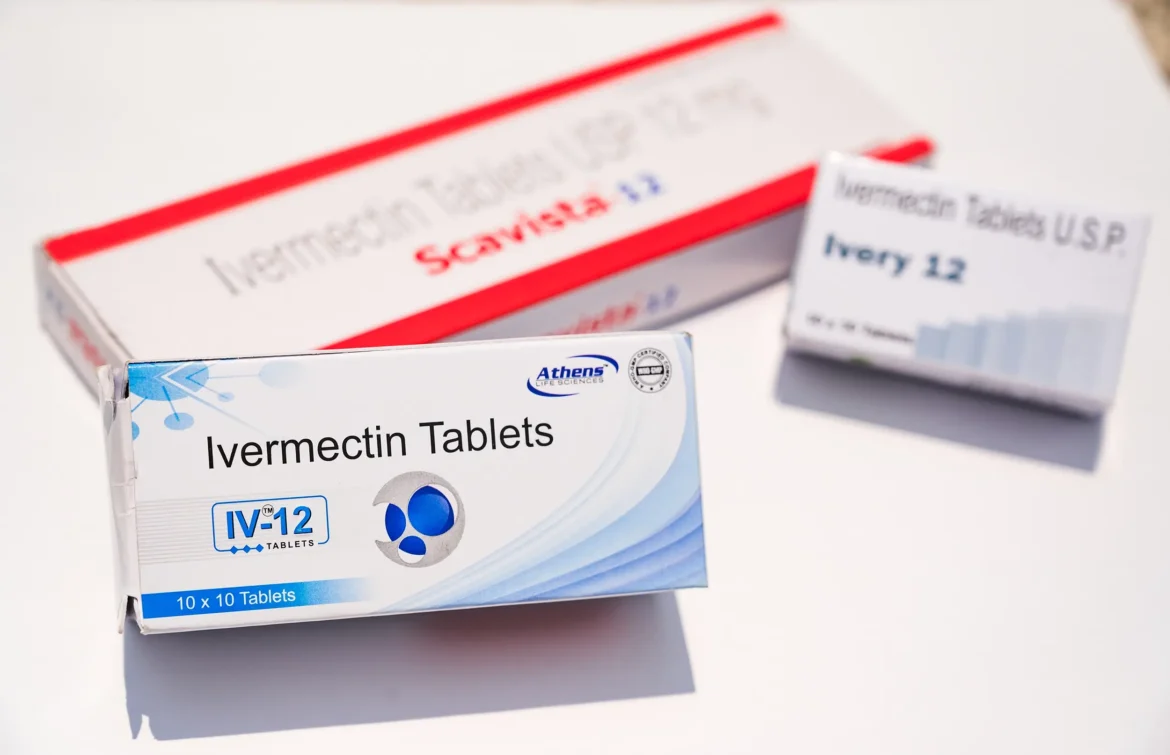Ivermectin’s potential antiviral effects have been explored for a while, though its primary use remains to treat parasitic infections. Here are some well-researched articles you can explore for a deep dive into this topic:
- “Ivermectin: a systematic review from antiviral effects to COVID-19 complementary regimen” ([Nature Journal, The Journal of Antibiotics]) This article explores historical research on ivermectin’s antiviral properties against various viruses, including its potential effects on SARS-CoV-2. ivermectin 6 mg tablet is one of the best solution
- “Ivermectin, a new candidate therapeutic against SARS-CoV-2/COVID-19” ([Annals of Clinical Microbiology and Antimicrobials]) This paper discusses the initial discovery of ivermectin’s potential antiviral activity against the SARS-CoV-2 virus in laboratory settings.
- “Ivermectin: enigmatic multifaceted ‘wonder’ drug continues to surprise and exceed expectations” ([Nature Journal]) This article provides a broader look at ivermectin’s history and its various uses beyond parasitic treatments, including potential applications against some viruses. You can also try Ivermectin 3mg tablets
It’s important to note that while these studies show promise, large-scale clinical trials are necessary to confirm ivermectin’s effectiveness against specific viruses like COVID-19. Major health organizations like the World Health Organization (WHO) recommend against using ivermectin for COVID-19 outside of controlled trials due to a lack of conclusive evidence.
Mechanism of Action:
Studies suggest ivermectin might hinder viruses by interfering with their cellular import process. Viruses hijack host cells’ machinery for replication. Ivermectin may disrupt a protein (importin alpha/beta-1) that viruses use to enter the host cell nucleus, potentially inhibiting viral replication.
In Vitro vs. In Vivo Studies:
Much of the research on ivermectin’s antiviral properties comes from in vitro studies, meaning experiments conducted in lab settings on isolated cells. These studies can provide valuable insights, but they don’t necessarily translate to real-world effectiveness in humans. In vivo studies, which involve testing on live animals, are a crucial next step before human trials.
Dosage and Side Effects:
The dosages used in some in vitro studies showing antiviral effects might be significantly higher than those considered safe for humans in treating parasitic infections. Furthermore, using ivermectin at high doses or for prolonged periods can lead to side effects like nausea, diarrhea, dizziness, and even neurological problems.
Evolving Research:
Research on ivermectin’s antiviral properties is ongoing. New studies are constantly emerging, and some suggest potential benefits against other viruses besides SARS-CoV-2. However, more robust clinical trials are needed to confirm these findings and determine optimal dosages and treatment strategies.
Importance of Consulting a Doctor:
Given the ongoing research and lack of conclusive clinical evidence, it’s crucial to consult with a healthcare professional before using ivermectin for any viral infection, including COVID-19. Self-treating with ivermectin can be dangerous, and there are established and safe treatment options available for many viral illnesses.
Misinformation and Misuse:
Unfortunately, there has been a significant amount of misinformation circulating online about ivermectin’s effectiveness against COVID-19. This has led to misuse of the drug, with some people taking veterinary formulations or exceeding recommended dosages, causing harm to themselves. It’s essential to rely on credible sources like medical journals and public health organizations for information on ivermectin.
Antibiotic Resistance Concerns:
Overuse and misuse of ivermectin can contribute to the development of antibiotic resistance in parasites. This is because some of the mechanisms by which ivermectin works against parasites might be similar to those of some antibiotics. Responsible use of ivermectin is important to ensure its continued effectiveness against parasitic infections.
Alternative Uses and Ongoing Research:
Beyond its potential antiviral properties, research is ongoing into other possible uses for ivermectin. These include applications against certain cancers, inflammatory diseases, and even neglected tropical diseases.
Regulatory Landscape:
Regulatory bodies like the FDA (Food and Drug Administration) are responsible for evaluating the safety and efficacy of medications, including ivermectin. They play a crucial role in ensuring that only medications with proven benefits and acceptable safety profiles are available for public use.
